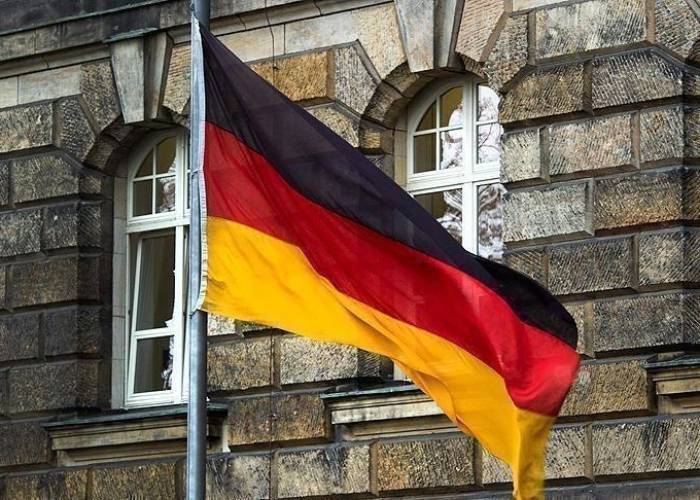German churches have voiced strong opposition to the government’s plan to suspend family reunification for certain categories of refugees for two years. They consider the proposal, put forward by Federal Interior Minister Alexander Dobrindt, as inconsistent with Christian values and ethically troubling. Christian Stäblein, Bishop of Berlin and the Evangelical Church’s Commissioner for Refugees, urged the adoption of “generous regulations” to support family reunification and to extend subsidiary protection to relatives who do not qualify for full asylum.
The Bishop of Berlin described family reunification as a “commandment of charity,” stressing that individuals granted subsidiary protection should not be separated from their refugee families for years. “Parents and children belong together, siblings belong together, and families belong together,” said Bishop Christian Stäblein. He emphasized that solidarity and family cohesion are key to successful integration. “Those who are allowed to live safely with their loved ones gain stability more quickly, learn our language more easily, and integrate more effectively into society,” he added.
Stefan Heße, the Catholic Church’s Commissioner for Migration and Bishop of Hamburg, expressed strong support for the Evangelical Church’s stance and sharply criticized Alexander Dobrindt’s plans. He condemned the prolonged separation of refugees fleeing civil war from their immediate family members, calling the suspension of family reunification both morally questionable and harmful to integration efforts. “The promise of protection applies to all families in our country,” Heße stated, “including those who are seeking refuge.”
The Federal Minister of the Interior is expected to present a draft law at the next cabinet meeting that would suspend family reunification for certain categories of migrants for two years. The proposal has already been agreed upon by the Christian Democratic Union (CDU), the Christian Social Union (CSU), and the Social Democratic Party (SPD), as outlined in the Black-Red coalition agreement.
The Minister’s plan faces legal obstacles, as the Geneva Refugee Convention stipulates that refugees who are not persecuted but are exposed to threats of torture, murder, or inhumane treatment are entitled to subsidiary protection status.
In contrast, Achim Brötel, President of the Federation of German Länder (FDL), expressed support for the Federal Interior Minister’s proposal to restrict family reunification. He also announced that the Länder back Alexander Dobrindt’s broader immigration reforms, including measures to turn migrants back at external borders. “Immigration reform was long overdue,” Brötel stated. “The recent decline in migrant numbers doesn’t change the fact that many who arrived earlier are still here—and not all have been successfully integrated.” He added that municipalities are reaching the limits of their capacity to accommodate and support migrants.





